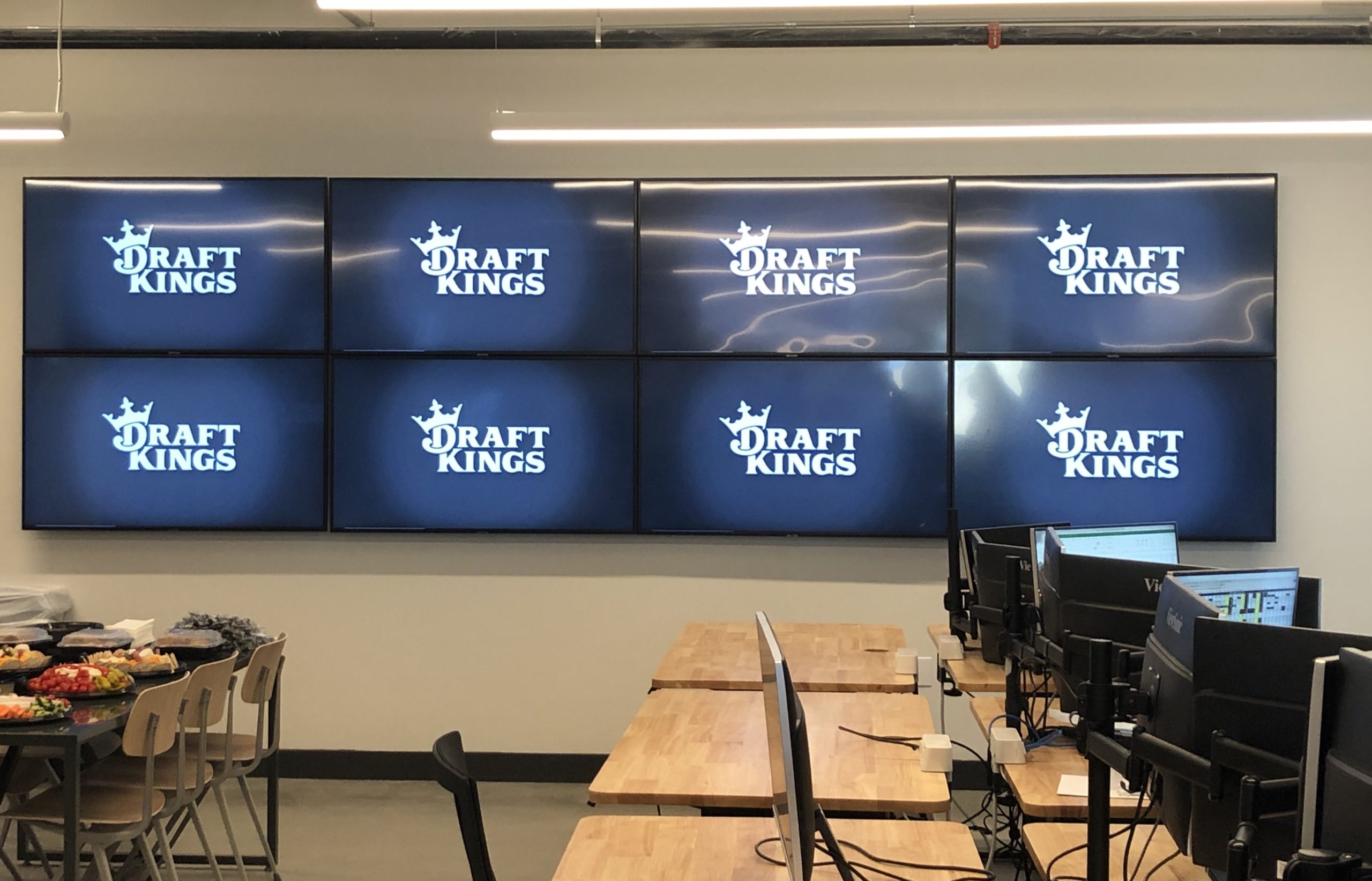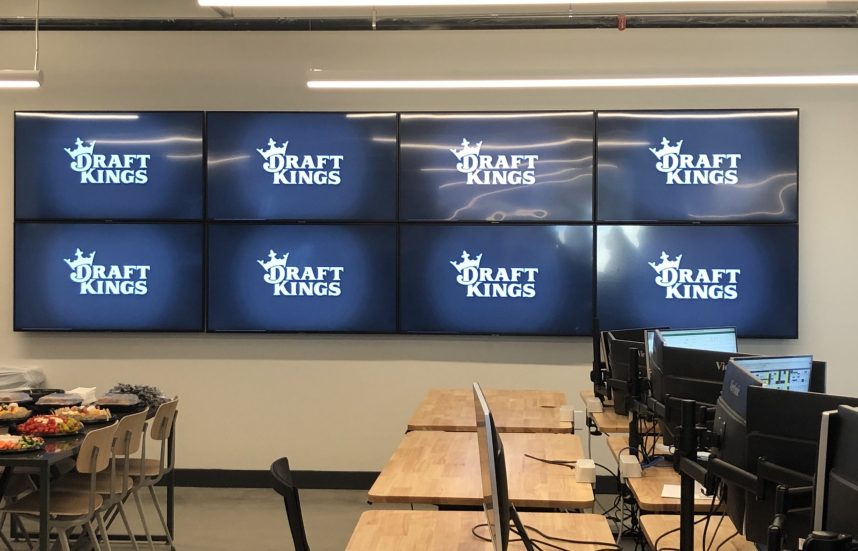
Tabla de contenidos
DraftKings’ (NASDAQ: DKNG) recently announced surcharge on winning sports bets in four states could generate up to $270 million in added gross gaming revenue, according to an estimate by Eilers & Krejcik Gaming (EKG).

The gaming company said last week it will start implementing a small levy on winning sports wagers in Illinois, New York, Pennsylvania, and Vermont in an effort to lower its effective tax rate in those high-tax jurisdictions. The plan is scheduled to go into effect on Jan. 1, 2025. DraftKings told investors the surcharge could be accretive to 2025 earnings before interest, taxes, depreciation, and amortization (EBITDA). The operator’s EBITDA forecast of $900 million to $1 billion for next year doesn’t include potential benefits from the surcharge.
Surcharges would be lowest in Pennsylvania (1.0% surcharge, $9 million surcharge revenue) and highest in New York (6.6% / $209 million). The New York surcharge reflects the gap between the state’s 51% GGR tax and DraftKings’ target 20% rate,” noted EKG.
The research firm added its $270 million estimate doesn’t include the impact of bettors leaving DraftKings because of the levy, but it added that if that forecast proves accurate, it could add 150 basis points to the operator’s gross gaming revenue (GGR) market share, lifting it 34%.
FanDuel ‘Huge Domino’
Since DraftKings made the announcement, Rush Street Interactive (NYSE: RSI) said it won’t follow suit, and ESPN Bet parent Penn Entertainment (NASDAQ: PENN) said it’s monitoring the situation. Before the news, BetMGM and Caesars Entertainment (NASDAQ: CZR) delivered financial updates with neither announcing a similar plan.
That leaves FanDuel parent Flutter Entertainment (NYSE: FLUT) – DraftKings’ most direct competitor — as the “huge domino” in the eyes of EKG. That company reports second-quarter results on August 13. Analysts, investors, and perhaps DraftKings are waiting to see if FanDuel will employ a similar tax mitigation strategy.
“If FanDuel does not follow suit, and if states chafe at the potential for lost tax revenue, we believe DraftKings management will face considerable pressure from policymakers, investors, and media to drop the idea,” added EKG.
The research firm pointed out that if FanDuel employs a surcharge in the four aforementioned states, it could realize a revenue benefit of $358 million.
DraftKings Surcharge Risks May Outweigh Rewards
Since announcing the surcharge, DraftKings has been vilified on sports wagering social media with bettors and industry observers saying the move is no more than a stunt to get clients to absorb some of the operator’s tax bills in Illinois, New York, Pennsylvania, and Vermont.
Some have said DraftKings and rivals knew what they were signing up for with New York’s high sports betting taxes (51%). CEO Jason Robins perhaps worsened the already bad optics of the surcharge decision by calling cost-sensitive bettors lower-value customers in a recent interview. So it’s possible DraftKings may see more risks than benefits due to the plan.
“At first glance, we think the risks (e.g., player attrition, reputational damage, states not buying the idea that surcharge revenue is tax-free) appear to outweigh rewards (e.g., increased profits),” concluded EKG.
The post DraftKings Surcharge Could Add $270M in Revenue, Says Research Firm appeared first on Casino.org.
